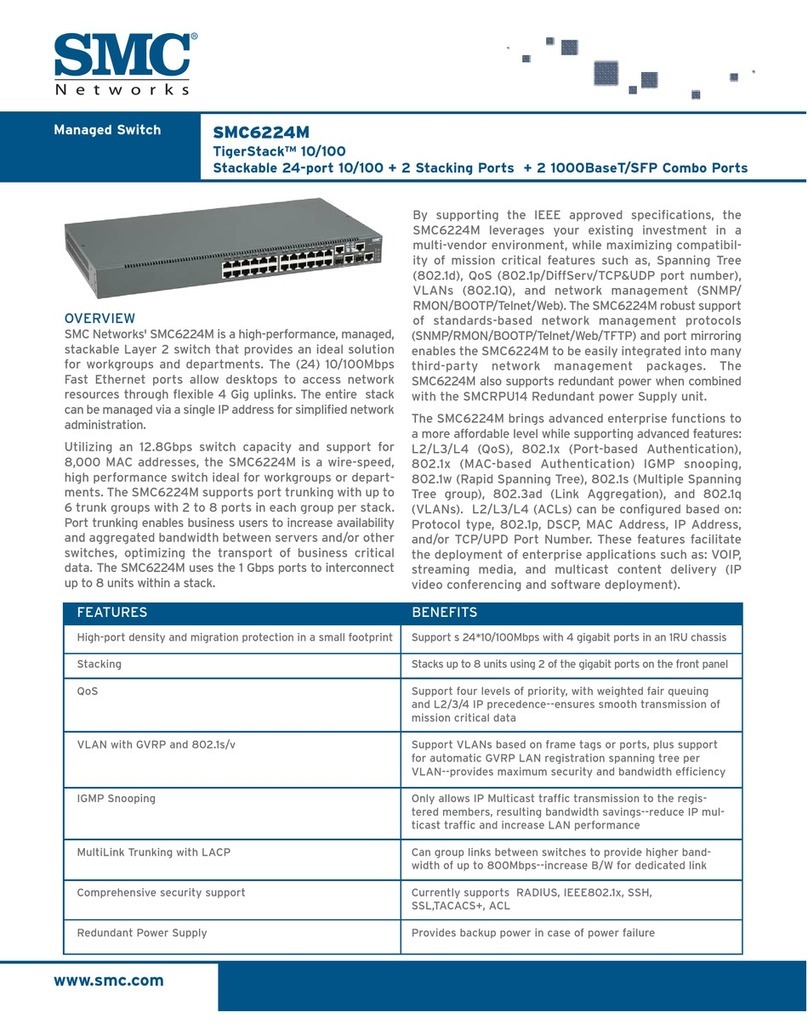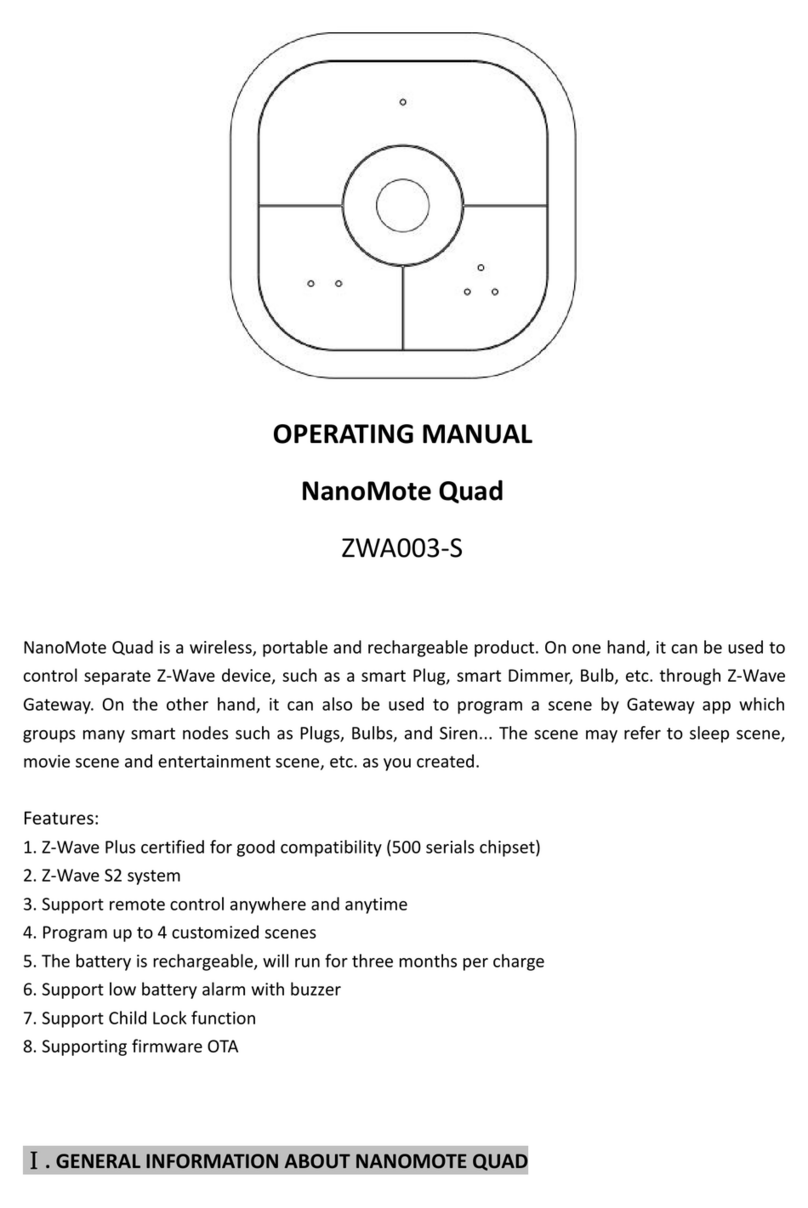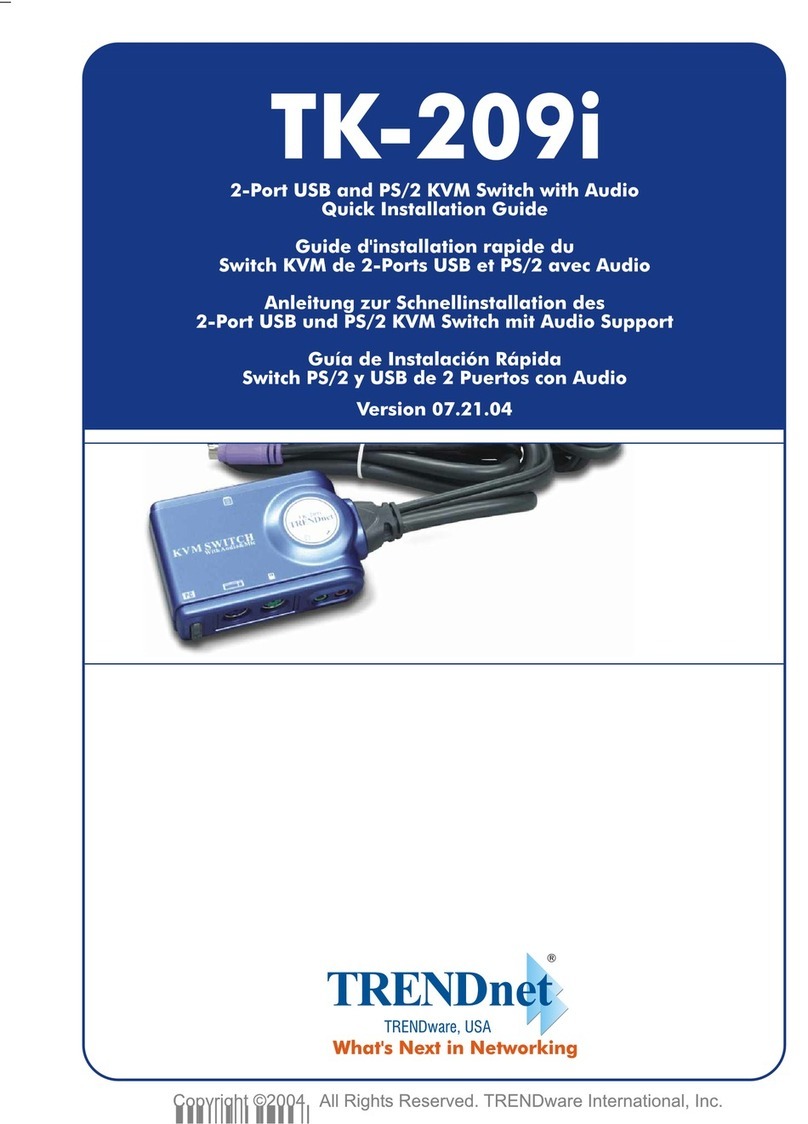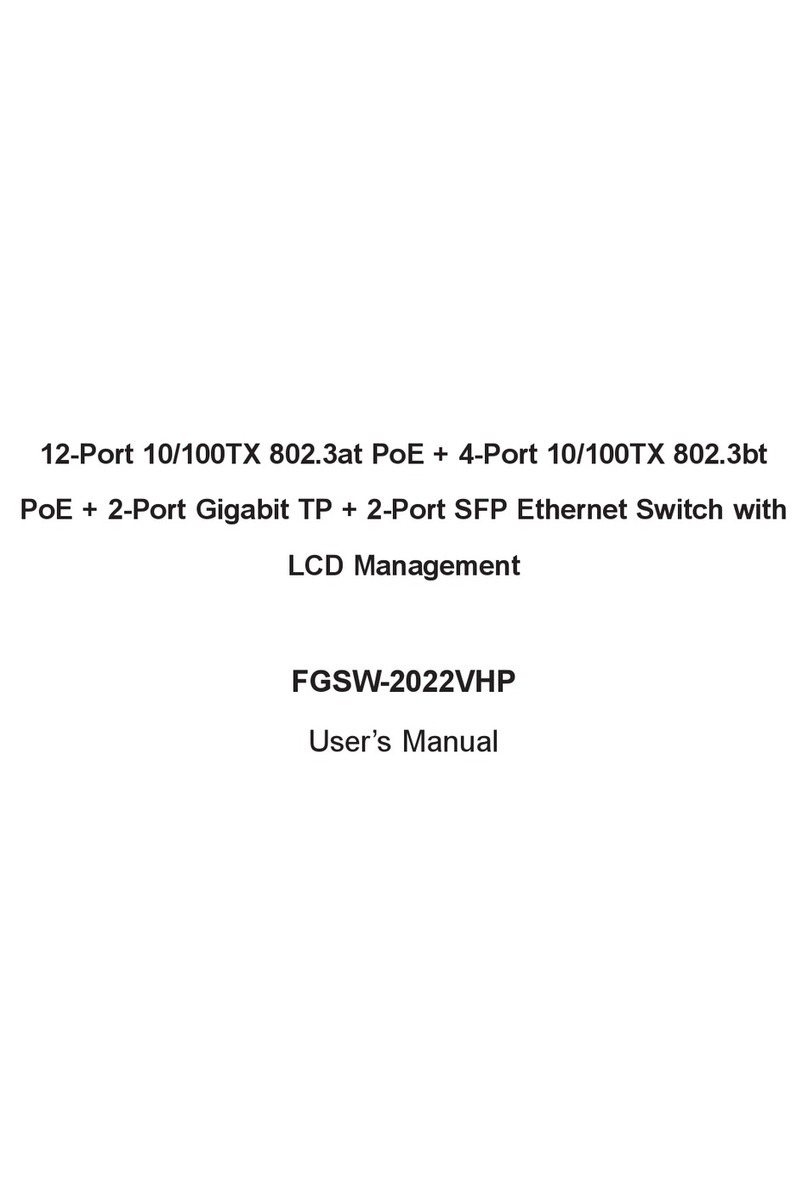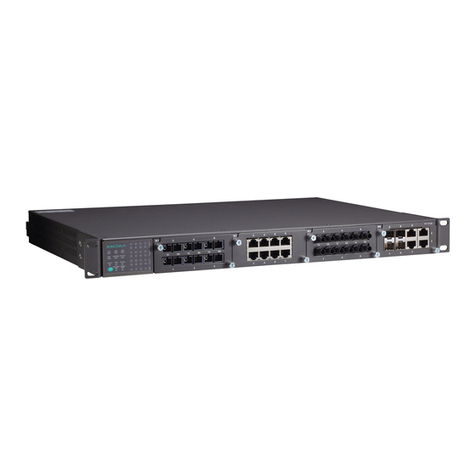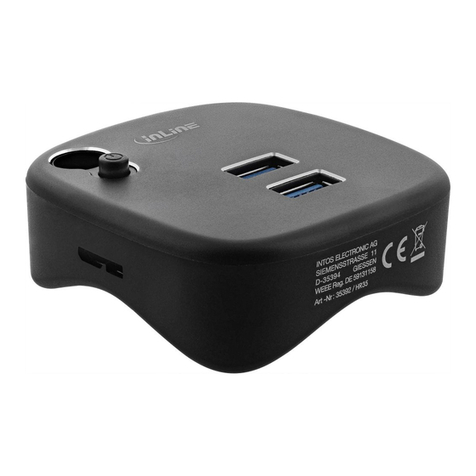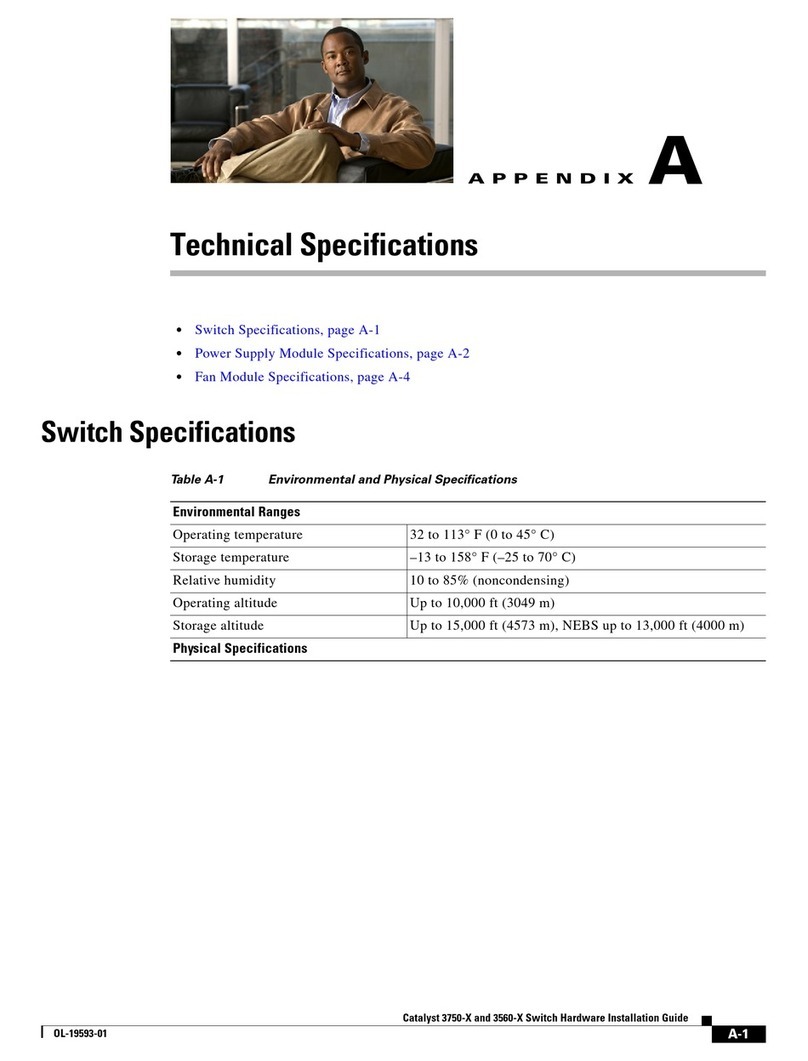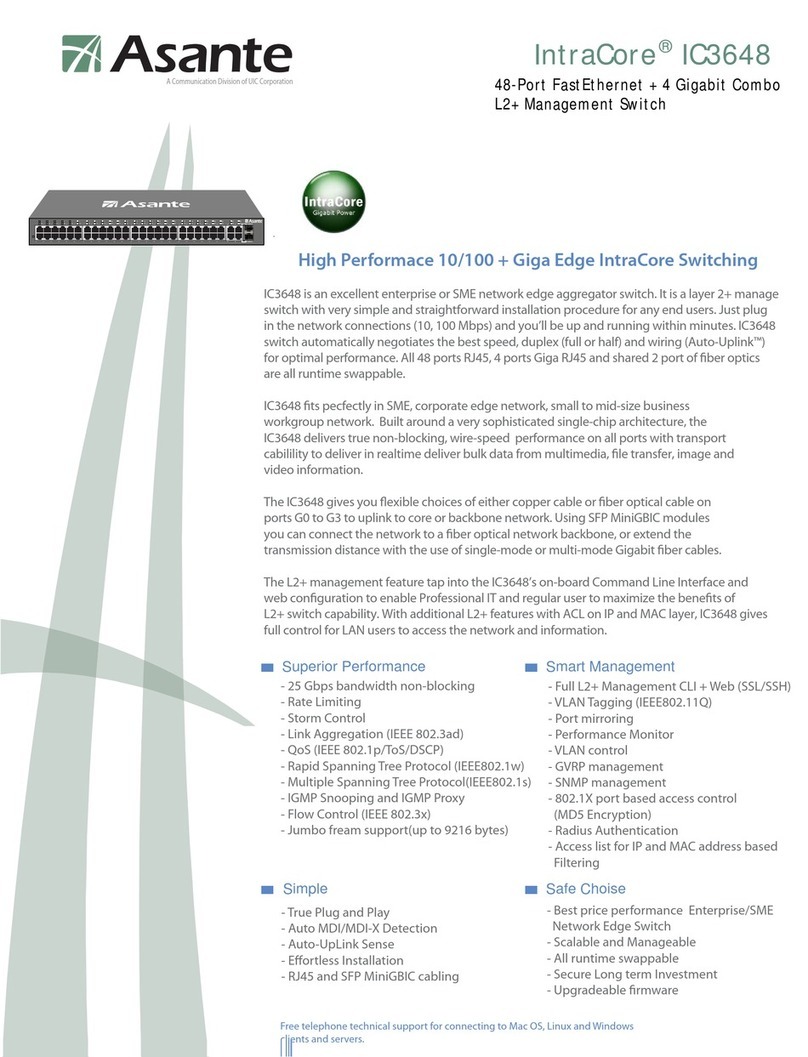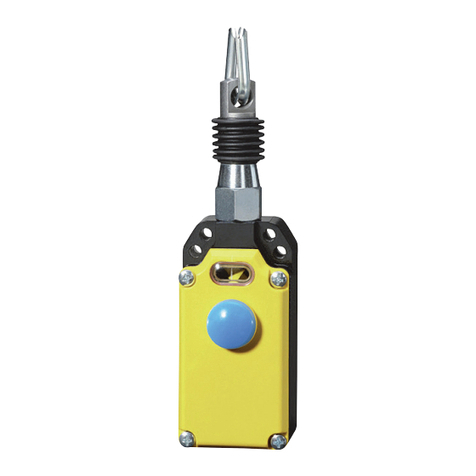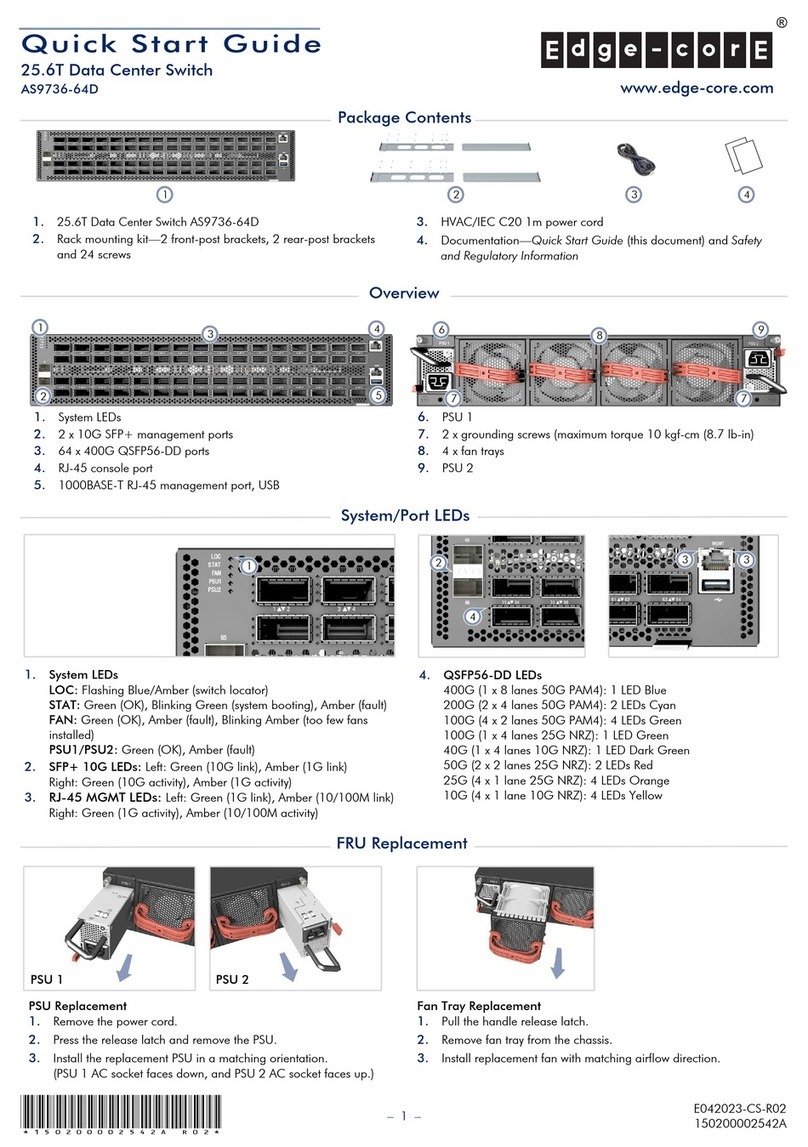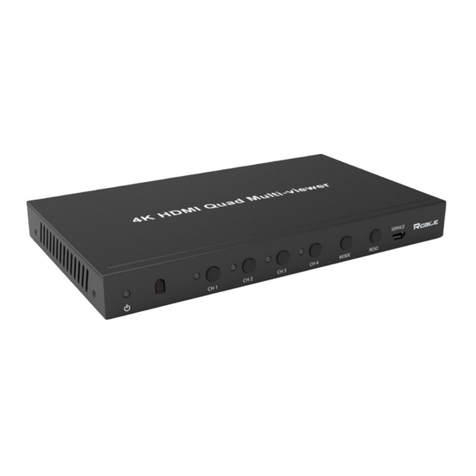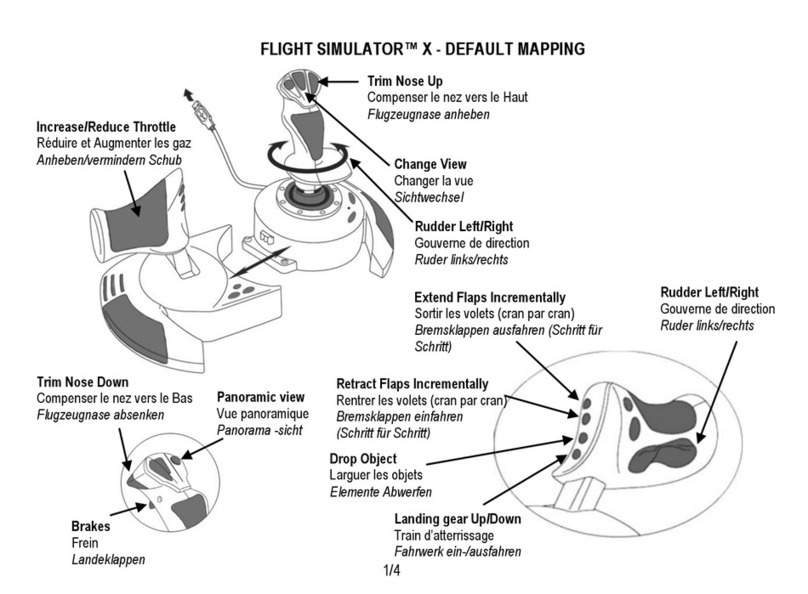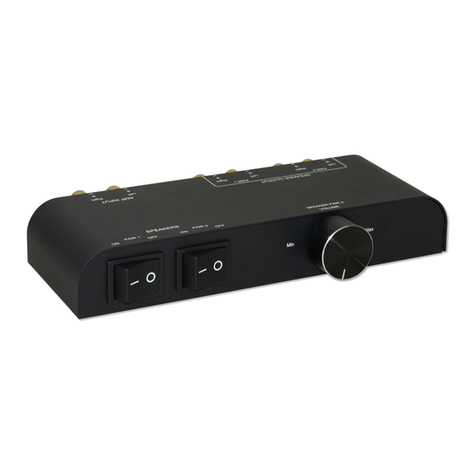Page 7
1.4. Features and Dialling Codes
Feature Code
Any trunk line 0
SIP trunk line *0
Trunk lines 1 or 2 * 9 1 or * 9 2
SIP trunk lines 1 to 10 * 901 to * 910
Groups 80 to 89 80 to 89
Forward all calls to internal user * 2 1 * <user number> #
Forward all calls to voicemail * 2 1 * < * 9 9 > #
Forward all calls to external number * 2 1 0 * <external number> #
Cancel forwarding of all calls # 2 1 #
Restrict your outgoing CLI * 30 #
Send your outgoing CLI * 31 #
Common address book short codes * 4 0 0 0 to * 4 1 9 9
Personal address book short codes * 8 0 0 to * 8 4 9
Forward on No Answer to internal user * 6 1 * <user number> #
Forward on No Answer to internal user with timer * 6 1 * <user number> * <time> #
Forward on No Answer to voicemail * 6 1 * < * 9 9 > #
Forward on No Answer voicemail with timer * 6 1 * < * 9 9 > * <time> #
Forward on No Answer to external number * 6 1 0 * <external number> #
Forward on No Answer to external number with timer * 6 1 0 * <external number> * <time> #
Cancel Forward on No Answer # 6 1 #
Camp On (Call Back on busy) internal 5
Do Not Disturb * 6 2 #
Cancel Do Not Disturb # 6 2 #
Opt out of a group * 6 2 * <group number(80 – 89)> #
Opt into a group # 6 2 * <group number(80 – 89)> #
Forward on Busy to internal user * 6 7 * <user number> #
Forward on Busy to voicemail * 6 7 * < * 9 9 > #
Cancel Forward on Busy # 6 7 #
Activate Roaming PIN * 6 8 <Roaming Account> <Roaming PIN> #
CallPickUp/CallPickOff * 7 1 <user number>
Universal pickup * 7 1 0
Call Transfer Explicit (at dial tone with two calls on hold) * 7 2
Conference (at dial tone with two calls on hold) * 7 3
Park/Unpark a call * 7 4
Retrieve a parked call from an internal user * 7 5 <user number>
Answer a universal page * 7 6 *
Directed page * 7 7 <user number>
Universal page * 7 7 *
Door opening code * 7 8
Intrude (at busy tone) * 7 9
Access voicemail * 9 9
Transfer call to Mailbox (While ringing the User) # 99
Direct access to an user when answered by the Auto
Attendant
* + user number
Direct access to an user voicemail when answered by the
Auto Attendant
# + user number
Access voicemail settings (when pressed while listening to
voicemail welcome message)
#
Programming Code
Program an external number in your personal address
book.
* * 8 0 0 to 8 1 9 *<external number> #
Erase a number from your personal address book. # 8 0 0 to 8 1 9 #
Implement Ringing mode (Modes 1 to 5) * 0 7 * <Ringing Mode > #
Enter System Programming * * * * # # # #
